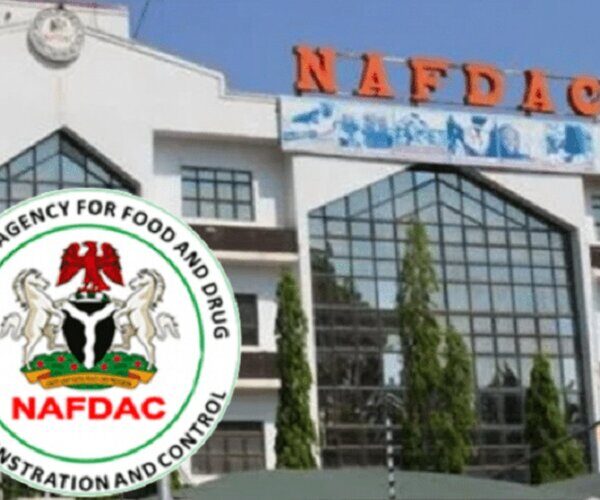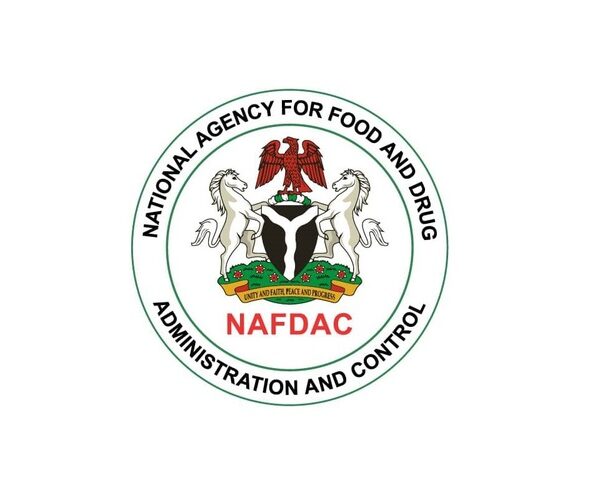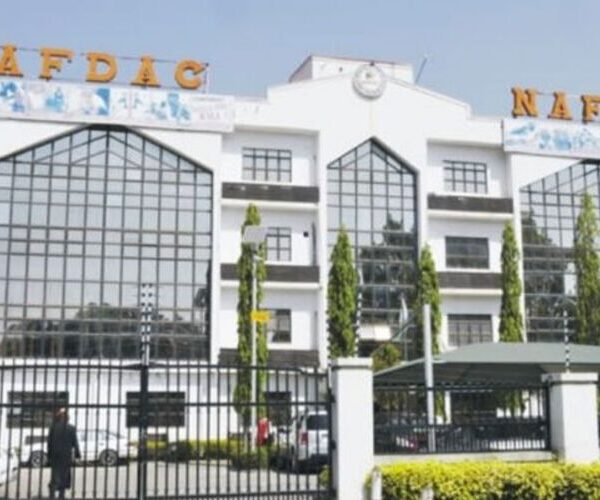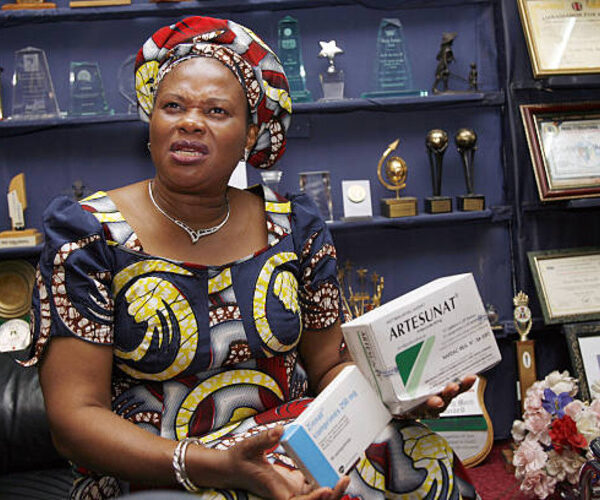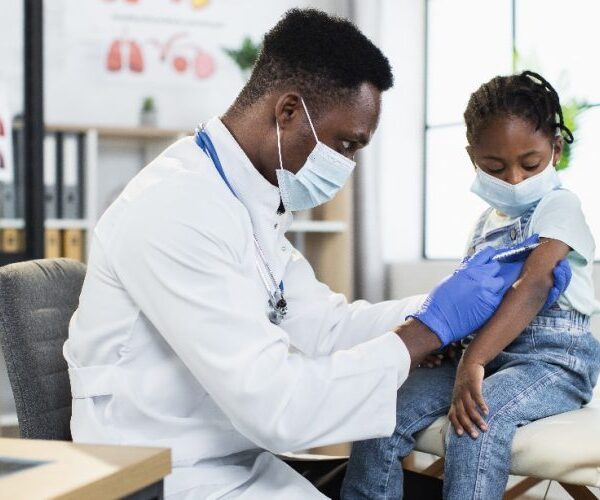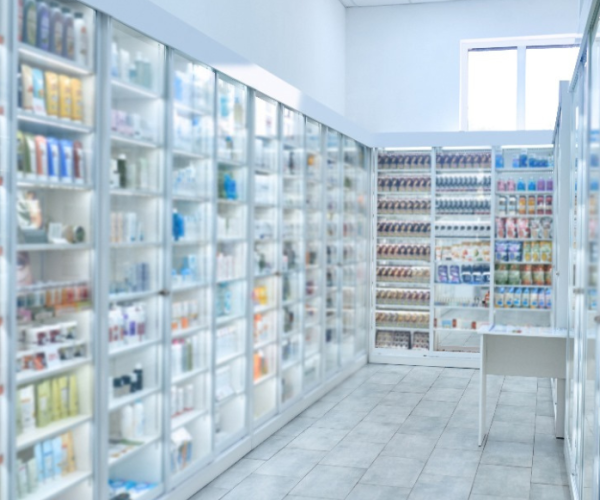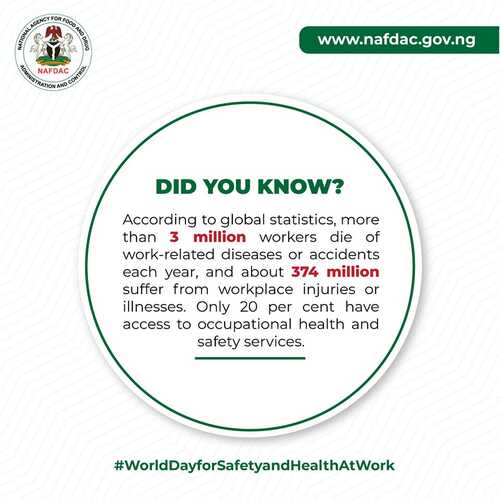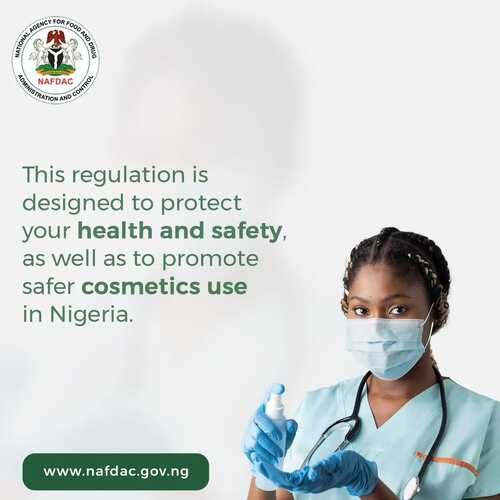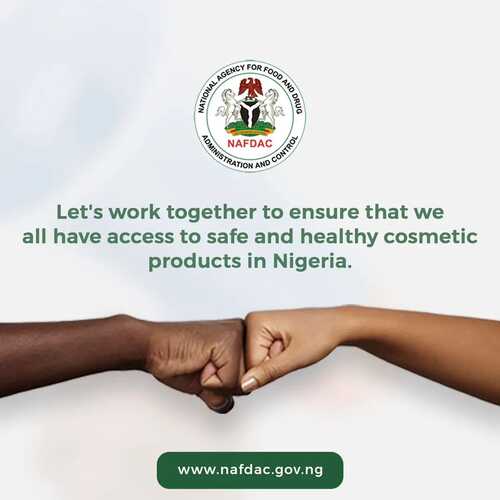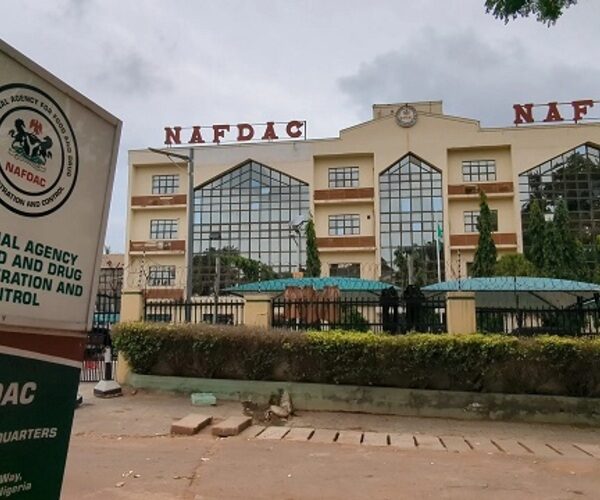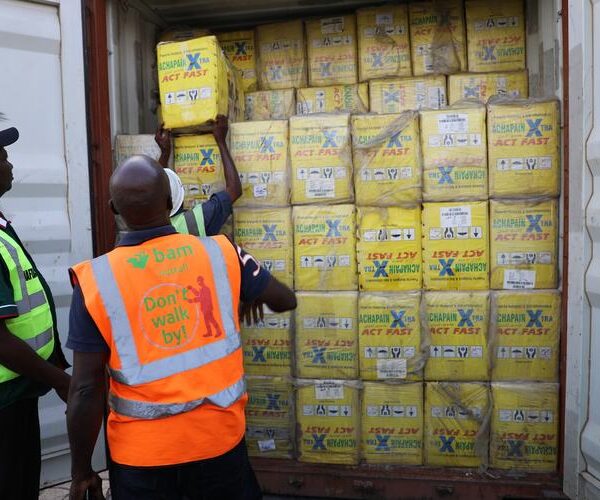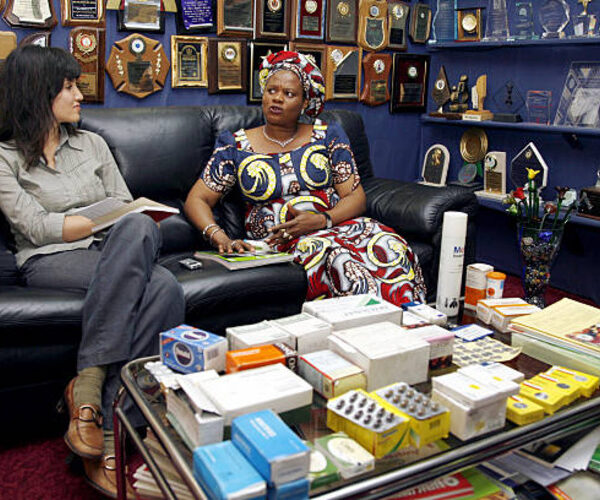- Government Organisation
- 2032 Olusegun Obasanjo Wy, Wuse zone 7, Abuja 904101, Federal Capital Territory, Nigeria
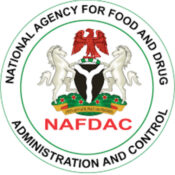
NATIONAL AGENCY FOR FOOD AND DRUG ADMINISTRATION AND CONTROL (NAFDAC)
The National Agency for Food and Drug Administration and Control (NAFDAC) is a regulatory agency established by the Nigerian government to safeguard public health by ensuring the safety, efficacy, and quality of food, drugs, cosmetics, medical devices, and other regulated products.
Founded in 1993 under the National Agency for Food and Drug Administration and Control Decree No. 15, NAFDAC has been instrumental in protecting consumers from the risks associated with substandard and counterfeit products while promoting the availability of safe and wholesome commodities in the Nigerian market.
Founding and Mandate
NAFDAC was established in response to the need for a centralized regulatory body to oversee the manufacturing, importation, distribution, and sale of food and drugs in Nigeria. The agency’s mandate encompasses:
- Registration and regulation of food, drugs, cosmetics, medical devices, and chemicals
- Inspection and monitoring of production facilities, distribution channels, and retail outlets
- Surveillance and enforcement activities to combat counterfeit and substandard products
- Public education and awareness campaigns on health-related issues and consumer rights
- Collaboration with stakeholders, including industry associations, healthcare professionals, and regulatory agencies, to promote regulatory compliance and best practices.
Regulatory Functions
NAFDAC regulates a wide range of products to ensure their safety, efficacy, and quality. This includes:
-
-
- Food: NAFDAC monitors food production, processing, and distribution to prevent contamination, adulteration, and unsafe practices that may compromise food safety. The agency sets standards for food products and ingredients, conducts inspections of food facilities, and enforces regulations to protect consumers from foodborne illnesses and hazards.
- Drugs and Pharmaceuticals: NAFDAC evaluates the safety, efficacy, and quality of pharmaceutical products, including prescription drugs, over-the-counter medications, and traditional herbal remedies. The agency assesses product formulations, labeling, packaging, and manufacturing processes to ensure compliance with regulatory standards and Good Manufacturing Practices (GMP).
- Cosmetics and Personal Care Products: NAFDAC regulates cosmetics, toiletries, and personal care products to prevent adverse reactions, skin irritations, and health hazards. The agency assesses product ingredients, labeling claims, and packaging design to safeguard consumer health and prevent deceptive practices.
- Medical Devices and Equipment: NAFDAC evaluates the safety, performance, and quality of medical devices, diagnostic equipment, and healthcare technologies to ensure their suitability for clinical use. The agency assesses product design, engineering specifications, and manufacturing processes to mitigate risks and ensure compliance with regulatory requirements.
-
Combating Counterfeiting and Substandard Products
NAFDAC plays a pivotal role in combating the proliferation of counterfeit and substandard products in the Nigerian market. The agency conducts surveillance activities, intelligence gathering, and enforcement operations to identify illicit manufacturers, distributors, and sellers of fake and adulterated goods.
NAFDAC collaborates with law enforcement agencies, customs authorities, and international organizations to intercept counterfeit products at ports of entry and dismantle illegal production and distribution networks.
Public Health Promotion and Consumer Protection
NAFDAC is committed to promoting public health and consumer protection through education, advocacy, and outreach initiatives. The agency engages with consumers, healthcare professionals, industry stakeholders, and the media to raise awareness about the importance of using safe and quality-assured products. NAFDAC provides information on product safety, regulatory compliance, and reporting mechanisms for adverse events and product recalls.
Technological Innovation and Capacity Building
NAFDAC leverages technology and innovation to enhance its regulatory capabilities and enforcement efforts. The agency utilizes digital platforms for product registration, licensing, and tracking, allowing for faster and more efficient processing of regulatory submissions.
NAFDAC also invests in training and capacity-building programs for its staff, regulatory partners, and industry stakeholders to strengthen regulatory oversight and ensure compliance with evolving standards and best practices.
International Collaboration and Harmonization: NAFDAC actively participates in international forums, partnerships, and harmonization initiatives to align its regulatory framework with global standards and best practices.
The agency collaborates with regional and international regulatory agencies, such as the World Health Organization (WHO), the African Union (AU), and the International Council for Harmonization of Technical Requirements for Pharmaceuticals for Human Use (ICH), to exchange information, share experiences, and enhance regulatory convergence.
Summary
NAFDAC plays a critical role in safeguarding public health, promoting consumer confidence, and supporting economic development in Nigeria. Through its regulatory functions, enforcement activities, and public health initiatives, NAFDAC contributes to ensuring the availability of safe, efficacious, and quality-assured products for the Nigerian populace.
As the regulatory landscape evolves and new challenges emerge, NAFDAC remains committed to its mission of protecting and promoting the health and well-being of Nigerians.
Business Amenities
- Car Parking
- Funding: Federal
Contact Information
Opening Hours
Contact Business
Contact Business
Additional Information
Additional info



